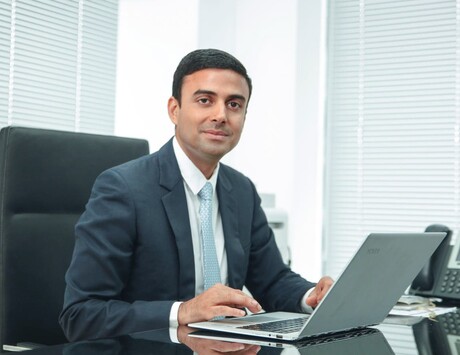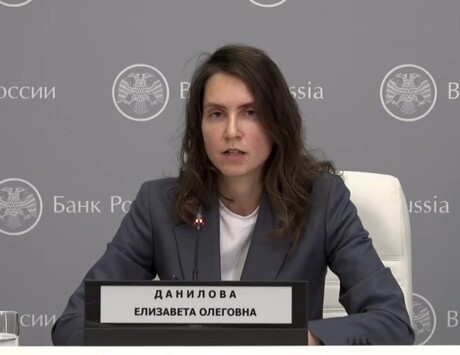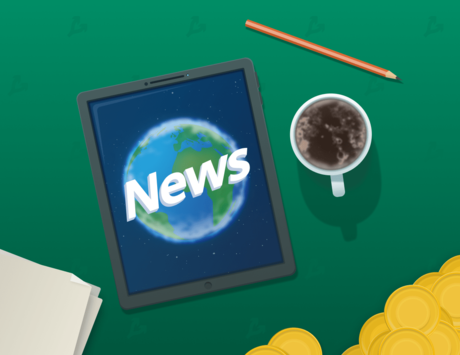Vladimir Putin must open up the country's tightly controlled political system after his return to the Kremlin or Russia could face a catastrophe, tycoon Alexander Lebedev said in an interview on Thursday.
Invoking the consequences of the French Revolution and the Arab Spring rebellions, Lebedev said that public perceptions of Putin were changing after 12 years of rule as president from 2000-08 and then as prime minister.
Two decades after the 1991 collapse of the Soviet Union, Russia remains in desperate need of both economic and political reform. Nonetheless, he said, a Russia without Putin might be more worrying than Russia with Putin.
"Clearly this system is at the brink of extinction in my view: so the option is something happens from above or something happens from below," said Lebedev, a former Russian spy who made billions trading stocks and bonds after the Soviet collapse.
"I would definitely suggest a certain liberalisation take place," Lebedev said in an interview.
When asked what risks Russia faced without major change, he said: "I have to agree with the use of the term catastrophic."
Opponents say Putin has crafted a brittle political system which excludes independent voices and has centralised Kremlin control over the media, economy and Russia's 83 regions.
Lebedev, 51, said Putin was almost certain to win the March 4 presidential election and Putin's ruling party was likely to win Sunday's parliamentary election, though he said its majority could be cut.
Lebedev cautioned that there was a change in the perception of President Dmitry Medvedev and Prime Minister Putin, who was booed at a recent martial arts fight in Moscow.
"The feeling and the attitude to Putin and Medvedev is changing - that is true," Lebedev said, adding that he was proposing an array of reforms from popular privatisation to judicial changes that could avert turmoil.
Lebedev, who owns British newspapers such as the Independent and the Evening Standard, cited the failure of some lawmakers to stand when Putin entered parliament last month.
RUSSIA'S FUTURE
Lebedev, who served in Russian foreign intelligence under diplomatic cover in London, said he was worth "much, much less" than Forbes estimate of $2.1 billion, but declined to give a different figure.
With a public irony which has set him apart from other tycoons who own swathes of the world's biggest energy producer, Lebedev said he was trying to see if he could go six months without criticising the authorities.
But he said he was worried by what he termed frankly medieval conditions in some Russian regions, a sharp decline in general levels of education since the fall of the Soviet Union and a rise in nationalistic feeling.
"There is a lot of nasty nationalistic feeling here and I think Putin has the right sometimes to give a warning: look this could go in the wrong direction," Lebedev said.
He said Putin may not understand the true extent of his influence, citing two criminal cases opened against him, Lebedev, by state investigators after Putin branded his televised brawl with tycoon Sergei Polonsky "hooliganism".
"I was just protecting myself," he said of the incident which became a hit on the internet. "Once Putin said hooliganism there were two criminal cases opened against me."
'OUR KIND OF TRAITOR'
Lebedev, whose interests range from airlines to potato farming, railed against what he said were vast sums of corrupt money finding its way into the Western financial system including from Russia.
Citing John le Carre's novel about a money launderer working for a Russian crime syndicate who tries to defect to Britain, he said the vast sums -- including $500-700 billion in dirty money out of Russia over eight years - could corrupt elites.
"Have you read Our Kind of Traitor by le Carre? this is fiction but I think he is following what is happening," he said. "It is a big threat."
He said he did not believe Russian state statistics on gross domestic product growth because he felt cities such as Moscow had vastly overestimated construction figures.
If official forecasts put 2012 growth at about 3.5-4.0 percent, it would probably be only about half that in reality.
"The infrastructure was created by (Josef) Stalin or (Nikita) Krushchev - not old but very old," he said. "It all has to be scrapped and replaced and nothing has been done about it."



